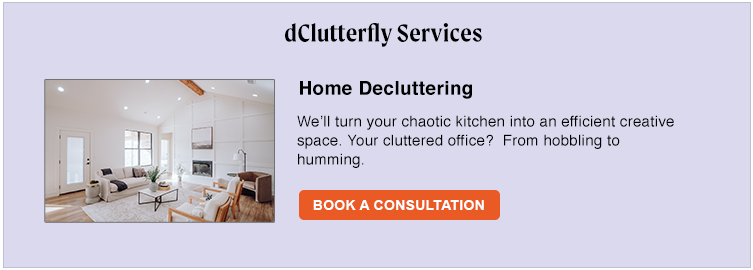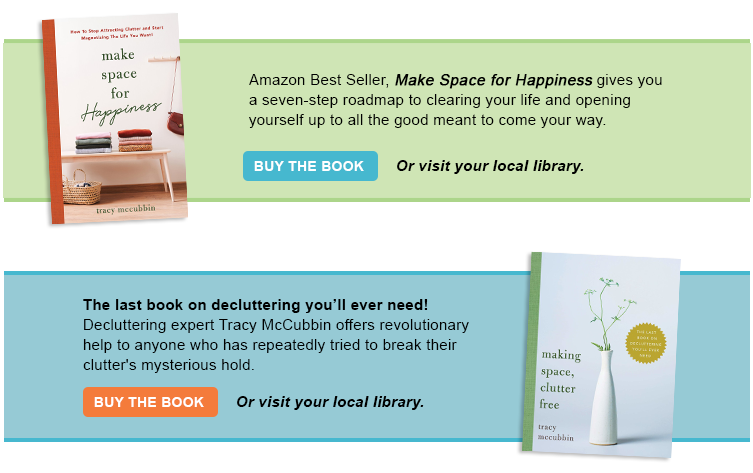When we talk about wants vs. needs, we’re touching on a key factor behind clutter in our lives. It’s easy to walk around saying things like, “I NEED that new water bottle that everyone on TikTok is posting about.” Thoughts like this can feel urgent, almost as if we’ll be incomplete without these objects.
But more often than not, we’re mixing up wants with needs. The truth is, we don’t need as much as we think—we just want it! And there’s nothing wrong with wanting something. What matters is recognizing the difference.
What is a WANT?
Wants are things that we desire, but that are not essential. It’s perfectly normal to want things. Whether it’s the latest fashion trend or a new gadget, there’s nothing inherently wrong with wanting to enjoy something new or exciting.
The issue arises when we mislabel those wants as needs. When you tell yourself that you need something, you create a sense of urgency that can lead to impulse buying or even guilt if you don’t get it.
This kind of thinking keeps us in a cycle of always feeling like we’re lacking, which can push us to fill that gap with material items. The more you label things as wants, the more you may feel controlled by those desires, constantly seeking to fulfill them.
What is a NEED?
A need is something essential for your survival or well-being. We need food, shelter, and clothing. These are basic requirements that support our day-to-day lives and overall health.
But when we start calling non-essential items needs, it creates a sense of urgency and pressure. We convince ourselves that without those new black heels or that must-have viral tote, we’re somehow incomplete.
This mindset can quickly lead to overconsumption, which not only clutters our physical spaces but can also clutter our mental and emotional worlds. Each unnecessary purchase may bring a brief burst of satisfaction, but over time, the accumulation of unneeded items can weigh us down.
How to change your thinking
The most effective way to break free from this cycle is to change the way we talk about these things. Instead of saying, “I need that new sweater because it’s on sale,” try saying, “I want that new sweater because it’s so cute!”
When you consciously switch your language from “need” to “want,” you’re giving yourself permission to acknowledge that this is a desire, not a necessity. It might seem like a small change, but it can have a powerful impact.
By framing something as a want, it loses the urgency and power that needs often carry. You’ll find it easier to weigh the pros and cons of buying it and consider whether it’s truly something that will add value to your life, or if it’s just a fleeting desire.
Next time you’re scrolling through your favorite online store, browsing the latest TikTok trends, or walking through a mall, try to pause and reflect on whether the items you’re looking at are truly needs. Most of the time, you’ll realize they’re really just wants.
Just this simple awareness can be liberating! Instead of feeling like you have to get something, you can decide whether it’s worth the investment or if you’d rather save that space (and money) for something more meaningful.
It also helps reduce clutter, both physical and mental, because when you’re no longer accumulating things based on a false sense of necessity, you’re less likely to end up with items that collect dust in a closet or drawer.
Make intentional choices
In a world where we’re constantly bombarded by marketing, influencers, and social media, it’s easy to feel like we always need more. But stepping back and recognizing that most of what we desire is a want, not a need, can help us gain control over our consumption habits.
Wants are fine—they’re part of what makes life enjoyable—but recognizing them for what they are can give us the clarity to make more intentional choices. In the end, it’s not about denying yourself the things you enjoy; it’s about making sure those choices come from a place of mindfulness, rather than a misplaced sense of urgency.




Leave a Reply